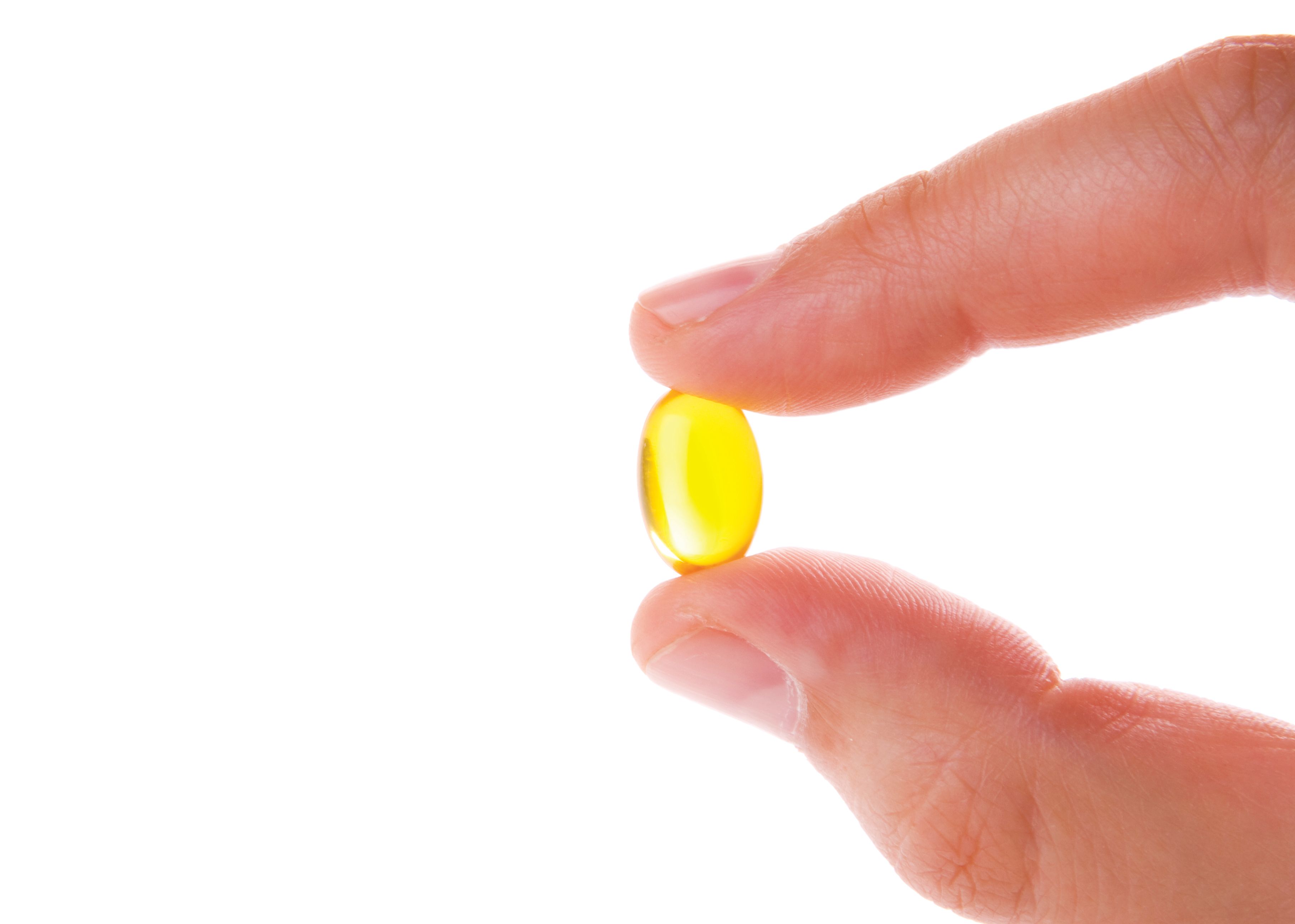Omega-3 Intake Linked with Reduced Depression Symptoms
A new meta-analysis finds that EPA and DHA omega-3 usage is associated with a reduction in symptoms of major depressive disorder (MDD).
Photo © iStockphoto.com/numbeos

A new meta-analysis announced by the Global Organization for EPA and DHA Omega-3s (GOED; Salt Lake City, UT) suggests a link between intake of EPA and DHA omega-3s and a reduction of major depressive disorder (MDD) symptoms.
Writing in Translational Psychiatry, researchers included the results of 13 studies, providing 1233 participants to create the meta-analysis. They discovered an overall beneficial effect on depressive symptoms linked with omega-3 supplementation, with an especially pronounced association for higher doses of EPAs in particular.
Additionally, the positive association of EPA and DHA supplementation was also found in patients already taking antidepressant drugs, suggesting a promising area of future research might be “whether possible interactions between EPA and antidepressants could provide targets to improve antidepressants response and its prediction,” researchers concluded.
“This new meta-analysis nuances earlier research on the importance of long-chain omega-3s in MDD management,” says Roel JT Mocking, MSc, lead author of the study. “Omega-3 supplements may be specifically effective in the form of EPA in depressed patients using antidepressants. This could be a next step to personalizing the treatment for depression and other disorders.”
Although GOED was not involved in the research, the organization says the new meta-analysis “underscores the importance of EPA and DHA omega-3s for overall health and well-being.”
“Depression is a serious issue on a global basis and this study shows the positive role EPA and DHA omega-3s can have in addressing this worldwide public health problem,” says Adam Ismail, executive director, GOED.
Read more:
National Institutes for Health: A Sneak Peek at Upcoming Dietary Supplement Research Studies
New Breakthroughs in Omega-3 Research
Ultra-High Concentrates Are the Next Omega-3
Michael Crane
Associate Editor
Nutritional Outlook Magazine
michael.crane@ubm.com
References:
Mocking RJT et al., “Meta-analysis and meta-regression of omega-3 polyunsaturated fatty acid supplementation for major depressive disorder,” Translational Psychiatry. Published online March 15, 2016.









